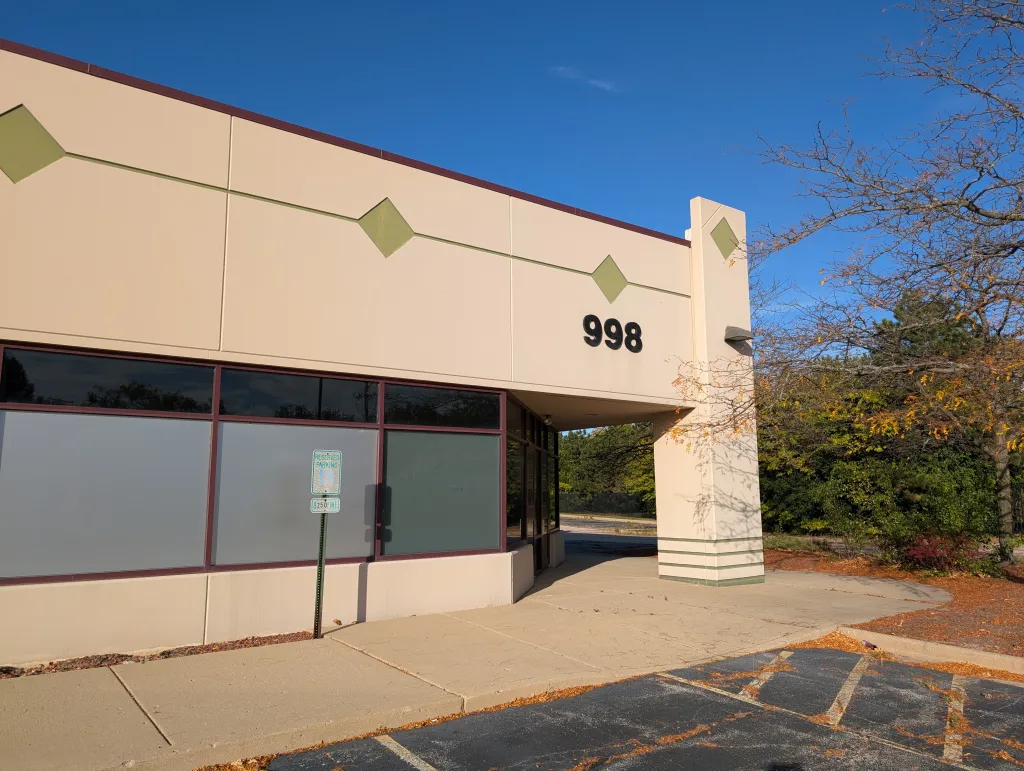Copyright Chicago Tribune

A new residential mental health facility for youth might be coming to the site of the troubled Northern Illinois Academy, a similar type of center that closed several years ago. The Aurora City Council on Tuesday is set to consider items that would allow the LYDIA Home Association, a Christian nonprofit that has been serving children in the Chicago area for over 100 years, to open a 40-bed residential treatment facility for youth ages 12 to 21 years old who have mental health and behavioral challenges, so have difficulty living in a family setting. If approved, the facility would be opening in the existing, vacant nearly 50,000-square-foot building at 998 Corporate Blvd., which is on Aurora’s East Side near the Interstate 88 interchange at Farnsworth Avenue. Ald. Daniel Barreiro, 1st Ward, who represents the area this facility would be located in, said at the Aurora City Council’s Committee of the Whole meeting last week that he had the chance to visit the building. It is already set up for the proposed use, he said, with bedrooms, classrooms, recreational facilities and eating space. “It’s self-contained. It’s not going to be a disruption. People won’t even know they are there,” Barreiro said. “And, this is a good place for these kids to go and get the help they need.” The approvals needed for the facility to open were both unanimously recommended by the Aurora City Council’s Building, Zoning and Economic Development Committee on Oct. 15. At that meeting, LYDIA Home Association Executive Director David Anderson told aldermen that the site would provide residential treatment and on-site schooling for children with psychiatric diagnoses and mental health issues that impact their ability to live in a regular family setting. The goal, he said, is to address the children’s issues and return them to a family setting or, depending on their age, into independent living. Youth that would be placed in the facility would be wards of the state, specifically the Illinois Department of Children and Family Services, according to Anderson. He said the organization also gets funding from the state, although not enough so they do fundraising too. The proposal going before the Aurora City Council on Tuesday limits the number of children that could be placed at the facility to 40 and also sets staffing minimums. There must be at least three staff members for every child during the day and at least five staff members for every child at night. Anderson said at the Oct. 15 meeting that the facility would provide individual and group therapy as well as occupational therapy. An on-site psychiatrist would manage the medication of the children who need to take it, he said, and a clinical psychologist would oversee clinical work. Plus, the facility’s therapeutic school would be approved by, and also funded by, the state Board of Education, he said. “I believe it’s a responsibility of our society to care for the most vulnerable kids in our society, and these are them,” Anderson said. The building proposed for the new facility used to be the site of the 87-bed Northern Illinois Academy, which was run by Sequel Youth & Family Services, a for-profit company that was licensed as a child care institution by the state and operated similar facilities across the country. In 2021, an external review found issues with staffing, incident reporting and frequent runaways along with the use of seclusion, isolated timeouts and improper restraints. Aurora police said in the report that they were concerned about the safety of the children there. Following the release of that report by Equip for Equality, an Illinois advocacy organization for people with disabilities, the state removed residents from the facility. Sequel refuted allegations made in the report at the time, according to past reporting. Several criminal cases were also linked to the previous facility, including to its former staff. In 2019, for example, a worker was sentenced to 10 years in prison for sexually assaulting a child whose case he had been assigned to oversee. rsmith@chicagotribune.com



